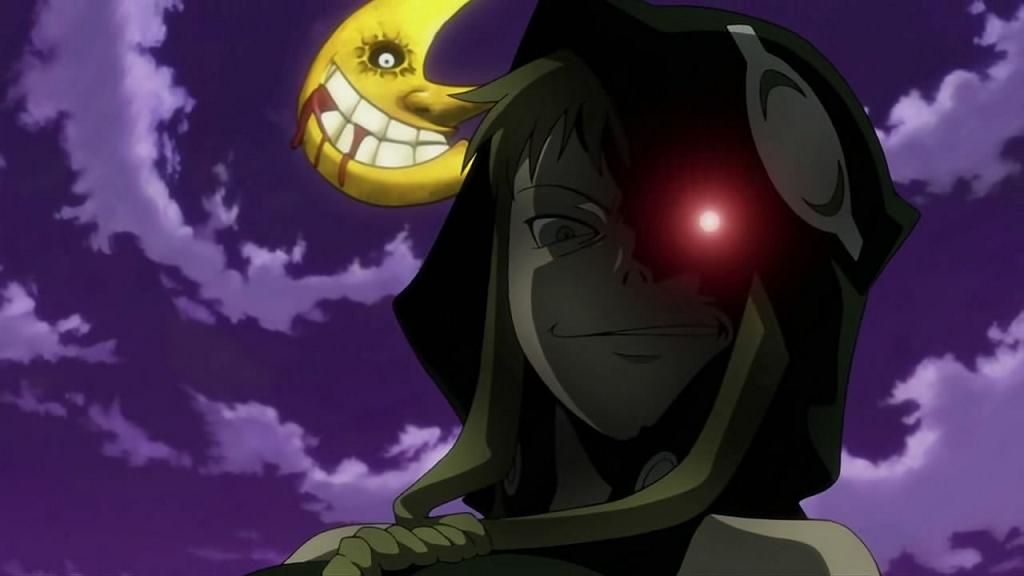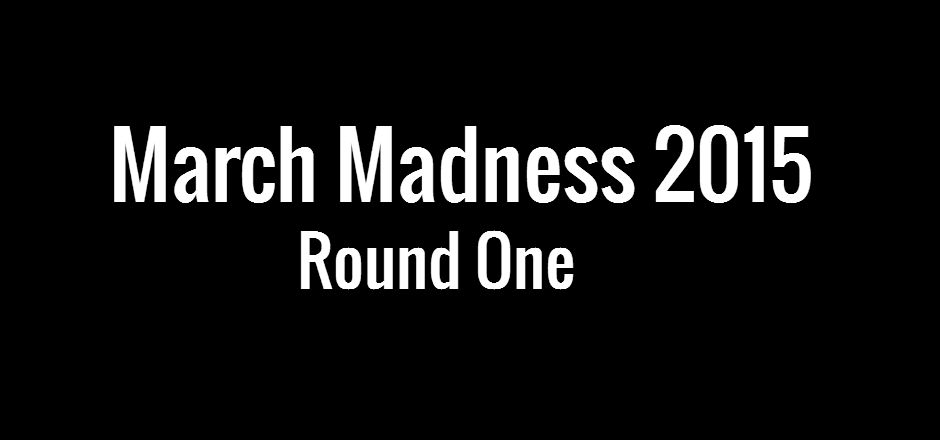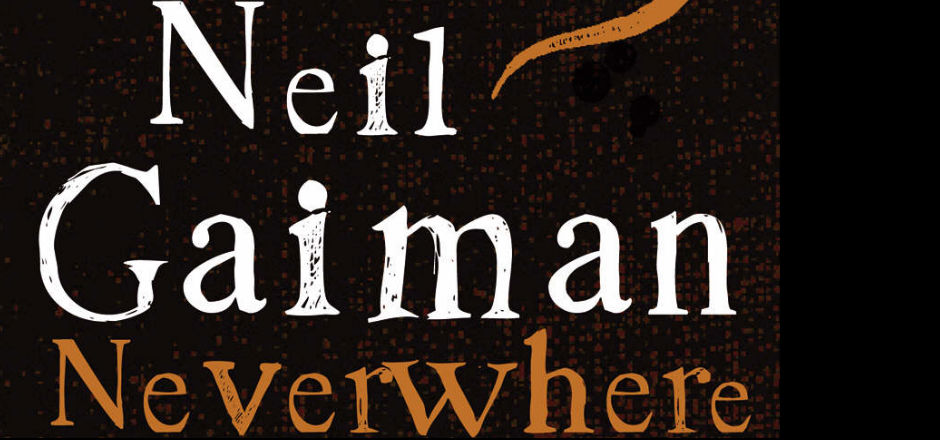In last year’s Fatherhood Issue, I admitted that fatherhood is something I would never be capable of comprehending during my lifetime. Its counterpart in motherhood, however – that’s something I can understand and identify with. Though I’m not a mother myself, the mother-daughter relationship is one that I couldn’t do without – no matter how much I may have wished otherwise at age thirteen.
When the mood to think about mothers and daughters strikes me, I nearly always turn to manga. An invariable theme of manga – shoujo manga in particular – is that in many cases, the heroine compares herself to her mother. An important point in Ouran High School Host Club is that the protagonist, Haruhi, wishes to be a capable and intelligent woman like her deceased mother; likewise, Shizuku from Tonari no Kaibutsu-kun (Eng. My Little Monster) wants to become the same sort of tough and amazing businesswoman as her mother.
Other manga heroines face different aspects of the mother-daughter relationship. Voice Over!‘s Hime is motivated to become a voice actor to prove her worth to her mother; in the Soul Eater series, Crona’s mother* falls into the “manipulative villain” category more typically reserved for father figures.
Despite the importance of the mother figure, though, motherhood itself is featured much less predominantly in geek culture, though the mothers are often just as fascinating as others. (Sarah Connor, anyone?) Some, like our champion Molly Weasley, are even shown to be motivated by their maternal affection.
Unfortunately, for every Sarah Connor, there’s a Padme Amidala, two nameless moms in a fridge, and a pregnancy horror story. (The fact that the category of pregnancy horror exists is problematic in itself.) Geek culture – largely headlined by male creators – seems to take two approaches to creating mother or mother-to-be characters: emotionally crippled mothers, like Padme, and dead or dying moms. The anime community even has the Dying Anime Mom trope.
Shounen anime and manga in particular loves to showcase the Dead or Dying Mom as a plot point, especially when paired with the Absentee Enabler Dad. Fullmetal Alchemist and Attack on Titan both use the mother’s death as a catalyst for the male protagonist’s journey; Naruto, Inuyasha and Bleach all feature male protagonists whose mothers are dead before their story even begins.
Dead or Dying Mom isn’t part of the fridging trope – you’re aware of Women in Refrigerators, but click through here for the main site – but it’s still one that geek culture, especially media aimed at younger audiences, relies on heavily as a plot device. This month, we’ll examine different mother-child relationships, including some that aren’t quite traditional, to highlight the many ways mothers can influence a daughter or son’s life – whether that relationship means the child wants to be nothing like a mother or to one day become just like her.
* Disclaimer: Crona’s gender is never made clear, so Crona may not necessarily qualify as a heroine.
Feliza Casano is a fan of anime, manga, and every sort of book as well as editor in chief at Girls in Capes. She writes for all sections of the site, and she’s the one behind GiC’s Facebook and Twitter. Follow her on Twitter @FelizaCasano.






